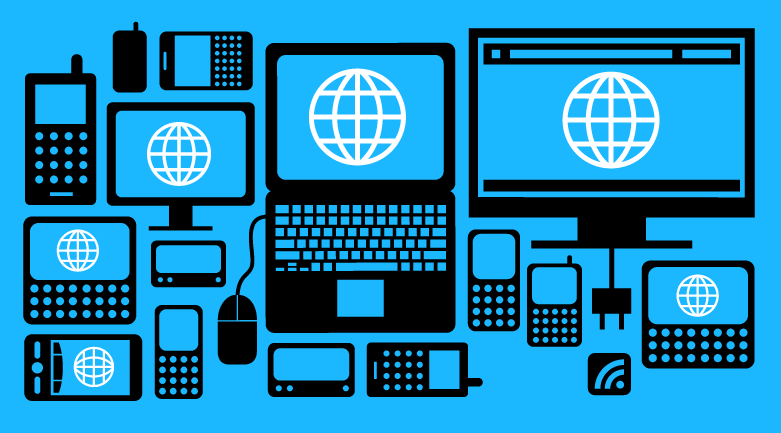What is The Net Neutrality Debate and Why Has It Reemerged?
Net neutrality may be defined as a common principle that stipulates that all providers of Internet services as also governments which regulate the Internet have to treat all Internet-based data as same, without charging or discriminating between users, website, content, application, platform, attached equipment type, or communication mode.The term came into existence in 2003 when a professor of media law at Columbia University, Tim Wu used it for the first time as a sequel to the common carrier concept, which was previously used for describing the role played by telephone systems.

What is The Net Neutrality Debate and Why Has It Reemerged?
The Net Neutrality Debate
The Net Neutrality Debate started when the FCC or Federal Communications Commission decided to roll it back under President Obama’s administration (too bad they did not roll back Obamacare, Dodd/Frank, Obama’s stimulus plan, and so on since all that hurt America and the economics of this planet!). This sea change in the rules governing Net neutrality was expected to negatively affect anybody conducting online business or anyone accessing the Internet for content or information.
Given the unstoppable march of the Internet, it’s difficult or even impossible to argue that the Internet is not a basic need nowadays.
There’s no single day in our lives that passes without an attempt to get into the Web to access information on something or the other: the weather, news, social media updates and what have you. The Internet has also come to be officially recognized and acknowledged as a fuel for any country’s economic growth, as a plethora of new industries are now working on newer business models that have emerged in the post- internet era.
In 2015, the Open Internet Order was enacted by the FCC for regulating ISPs, and which also included broadband providers such as Time Warner & Comcast; wireless providers such as T-Mobile, AT&T, and Verizon, under the premise that the Web happens to be a basic telecommunications service only. Thus, broadband internet was classified as a public utility service like electricity or water.
The fact that these old regulations are being brought back to cripple a state-of-the-art technology is the principal bone of contention against current rules. President Trump’s administration (who is on pace to make America great again and is slowly draining the swamp as it lays off useless bureaucrat after useless bureaucrat) is known to be strongly against the current rules which it views as excessive and archaic in today’s highly advanced technological environment.
A key point of the proposal that has been put forward is that despite rolling back the internet’s utility status, it attempts to promote an unbiased and fair internet. In fact, the proposal says that Internet access must be classified as a highly value-added information service, in order to make way for lighter rules that enhance innovation and attract investment.
Specific Regulations Pertaining to Internet Services
The rules that were enacted in 2015 stipulated that ISPs should refrain from discriminating content by slowing it down or blocking, or through the provision of separate fast lanes for certain types of content, even for fees.
In its attempt to make less stringent rules, the FCC has asked for comments from experts and outsiders on whether such specific rules are at all necessary, given the fact that there are other regulations for discouraging anti-competitive behavior. If yes is the answer, the FCC also seeks inputs on how to implement and enforce successfully any of these proposed rules.
The FCC has also sought comment on particular models of internet services delivery like zero-rating plans that could challenge a neutral Internet. Content providers and ISPs sponsor certain content by these plans so that the user is not required to pay any data charges.
The present rules are somewhat vague on this point and state that the FCC will freshly evaluate these zero-rating plans on a case-to-case basis for any possible violations of net neutrality rules. Critics however, argue that this is a rather vague way of treating zero rating practices, which may most likely discourage ISPs from innovating and investing because of the uncertainty involved on how the FCC in future, will judge them.
The Debate Reemerges
Both arguments have enough evidence to establish themselves. However, the current rules’ regulatory uncertainty is likely to discourage investment. The matter, in its core, however, is not that simple, both from the technical and legal viewpoints. In other words, there is no simple solution. The trade-offs involved need to be discussed openly as the FCC plumps for an environment that is regulated in the best manner in order to enable the information economy to grow and thrive.
Neither is regulation ever an option, nor is over-regulation a solution either. All that is needed is a satisfied and happy medium to safeguard a neutral Internet.





